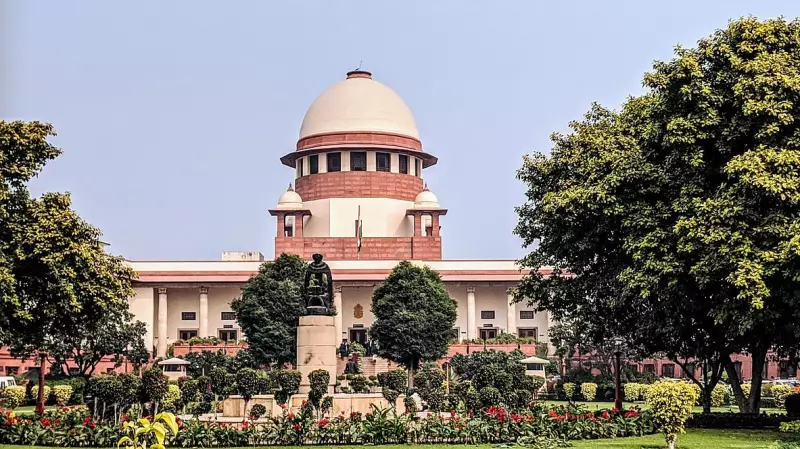
In a significant development that could impact thousands of religious properties across India, the Supreme Court has agreed to consider a plea filed by AIMIM leader Asaduddin Owaisi seeking an extension of the deadline for registration of Waqf properties.
Court Proceedings and Immediate Response
The bench comprising Chief Justice of India D.Y. Chandrachud and Justice J.B. Pardiwala acknowledged the urgency of the matter and scheduled a hearing for the coming week. The court's prompt response highlights the importance of this issue affecting Waqf boards nationwide.
What's at Stake for Waqf Properties?
The petition seeks additional time for the proper registration and documentation of Waqf properties throughout the country. These religious endowments represent significant community assets that require proper legal recognition and protection under Indian law.
The current deadline poses practical challenges for Waqf boards struggling to complete the comprehensive documentation process for numerous properties under their administration.
Legal Implications and Broader Impact
This case touches upon crucial aspects of religious property management and administrative efficiency. The Supreme Court's eventual decision could set important precedents for how religious institutions manage their assets while complying with statutory requirements.
The outcome will be closely watched by:
- Waqf boards across various states
- Legal experts specializing in religious property law
- Community representatives and religious organizations
- Property law practitioners
As the legal process moves forward, all parties await the Supreme Court's guidance on this matter of significant religious and administrative importance.






